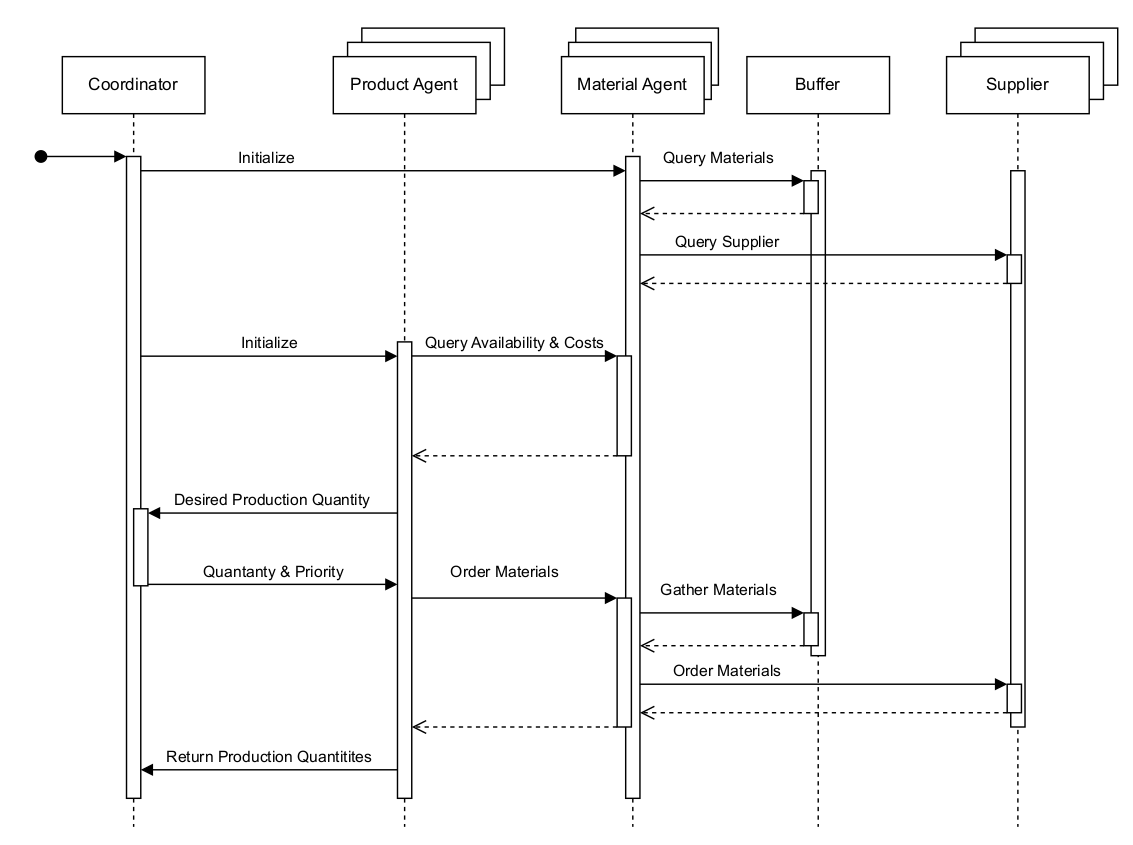2023

Oliver Antons; Tobias Benecke; Sanaz Mostaghim; Julia C. Arlinghaus
Sustainability in Chemical Production–Multi-Objective Distributed Control Book Section
In: New Trends in Intelligent Software Methodologies, Tools and Techniques, pp. 211–219, IOS Press, 2023.
Abstract | Links | BibTeX | Tags: Chemical industry, Circular Economy, Distributed control, Optimization, Sustainability
@incollection{antons2023sustainability,
title = {Sustainability in Chemical Production\textendashMulti-Objective Distributed Control},
author = {Oliver Antons and Tobias Benecke and Sanaz Mostaghim and Julia C. Arlinghaus},
doi = {10.3233/FAIA230236},
year = {2023},
date = {2023-01-01},
urldate = {2023-01-01},
booktitle = {New Trends in Intelligent Software Methodologies, Tools and Techniques},
pages = {211\textendash219},
publisher = {IOS Press},
abstract = {Chemical industry provides a multitude of intermediaries and final products essential to society, ranging from fertilizers and plastics to sophisticated pharmaceuticals. The underlying production processes are typically linear, utilizing finite resources in an unsustainable manner and creating unnecessary waste over a products lifetime. While a shift towards sustainability and circular economy is desired, the current market and political framework lead to conflicting objectives ranging from sustainability to profit maximization. In this article, we build upon a first minimal multi-objective MILP model and extend thereupon, reducing the overall level of required abstraction compared to the first model. Thereafter, we present a multi-agent based distributed optimization approach for a sequence of the extended MILP formulation.},
keywords = {Chemical industry, Circular Economy, Distributed control, Optimization, Sustainability},
pubstate = {published},
tppubtype = {incollection}
}
Chemical industry provides a multitude of intermediaries and final products essential to society, ranging from fertilizers and plastics to sophisticated pharmaceuticals. The underlying production processes are typically linear, utilizing finite resources in an unsustainable manner and creating unnecessary waste over a products lifetime. While a shift towards sustainability and circular economy is desired, the current market and political framework lead to conflicting objectives ranging from sustainability to profit maximization. In this article, we build upon a first minimal multi-objective MILP model and extend thereupon, reducing the overall level of required abstraction compared to the first model. Thereafter, we present a multi-agent based distributed optimization approach for a sequence of the extended MILP formulation.